Sustainability in the Scotch Whisky Industry
PEOPLE
PLANET
PROSPERITY
Scotch Whisky is the spirit of the Scottish landscape. The three natural ingredients used to make Scotch Whisky – cereals, water and yeast - come from some of the most beautiful parts of Scotland. So we’ve long been determined to play our part in preserving the natural environment.
As a key business leader, exporter, manufacturer and employer in the UK, the Scotch Whisky industry has a duty to tackle the climate crisis across all the areas that our production and distribution have an impact. Innovation and change will ensure we can continue to celebrate Scotch Whisky for the 500 years.
QUICK NAVIGATION
CHANGING SUSTAINABILITY AMBITIONS
In 2009, we developed our initial Environmental Strategy, which was redeveloped into an ambitious sustainability strategy in 2021. Our strategies have evolved with new learnings, data and progress, as any good plan should. Our original ambition was to reach Net Zero emissions in our own operations by 2040. That’s still the case, but the bar has been raised, and the scale of the Scotch Whisky industry’s sustainability ambitions have changed. We have been building solid baseline data, upon which the industry can make real progress in reducing all emissions through Scopes 1 to 3.
Developing a full [greenhouse gas] emissions inventory – incorporating Scope 1, Scope 2 and Scope 3 emissions – enables companies to understand their full value chain emissions and focus their efforts on the greatest reduction opportunities
- Greenhouse Gas Protocol
The SWA’s role is to support our member companies through the significant legislation, knowledge-sharing, data-gathering, investment and logistics of our industry-wide ambitions.
By working closely with our partners, regulators, innovators and other industries, Scotch Whisky can be a key player in protecting and restoring Scotland’s unique environment, while also continuing to be a modern, competitive and successful industry that produces the world’s best whisky.
Take a look at our Case Studies to explore some incredible examples of the work going on at Scotch Whisky sites and their surrounding areas throughout the country.
WE'LL BE REALISTIC AND TRANSPARENT
We can’t pretend that achieving our vision will be easy. This is a project that will take many years. Some of the solutions and the technology that we need to succeed don’t even exist yet. Scope 3 is a significant hurdle for our sector, but we know that it represents over 80% of our emissions.
We will rise to meet the challenge, but this will take time, collaboration and policy support.

KEY AREAS OF WORK
Our ambition for the future is grounded in the United Nations’ Sustainable Development Goals (SDGs), a set of 17 targets to address global challenges like clean water and climate action. They foster responsible consumption and production, encouraging businesses to drive change.
TACKLING CLIMATE CHANGE
We’re going to fully decarbonise our operations by 2040.
We want to drive our full emissions profile down as far and fast as possible, achieving net zero emissions across all scopes by 2045 through collaboration with our supply chain partners and regulators.
We will not be able to do this alone, but we are committed to working with others in our own supply chains, in research, and across governments to achieve our ambition.
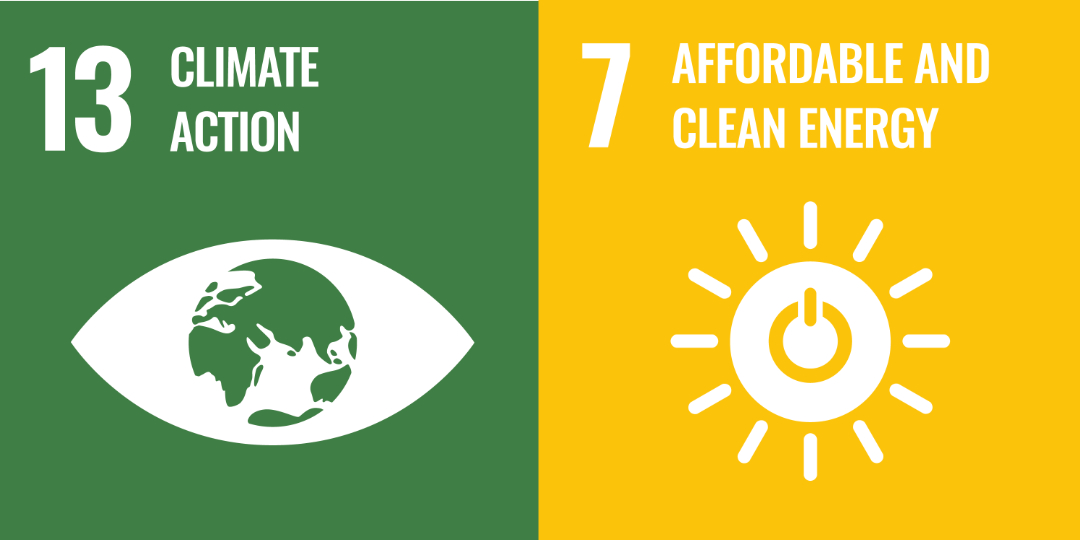
MOVING TO A CIRCULAR ECONOMY
We are building a detailed evidence base to understand how different packaging decisions impact different environmental outcomes, including emissions, to ensure we can maximise our role in the circular economy.
Packaging is one of our main areas of focus as it has a significant impact on our total footprint, but is also central to how product reaches customers worldwide.
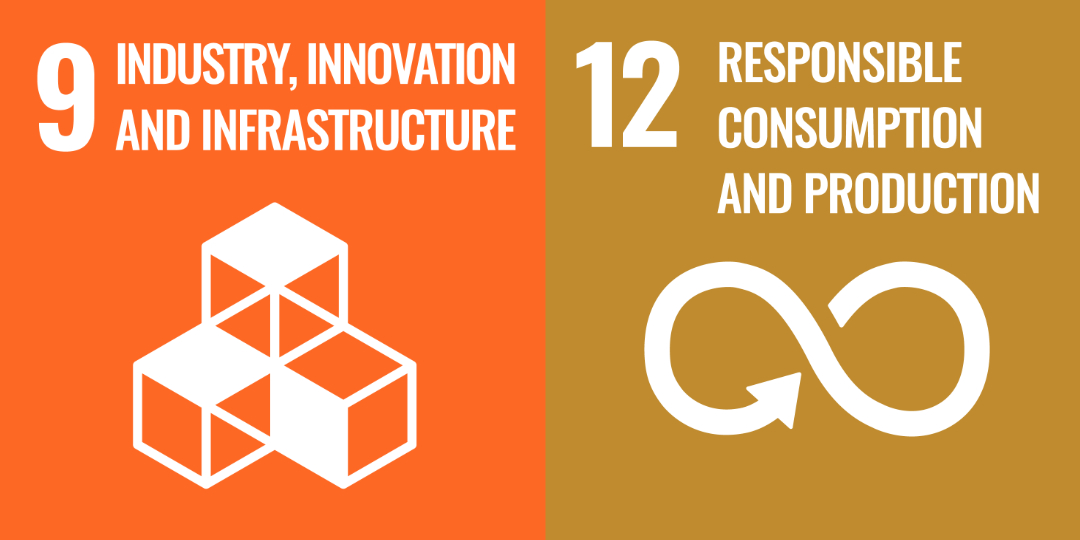
USING WATER RESPONSIBLY
We will continue to use our water efficiently – so that all companies are within a responsible water use range by 2025. Our 2023 Water Stewardship Framework has more detail on how we’ll support our member companies to do this.
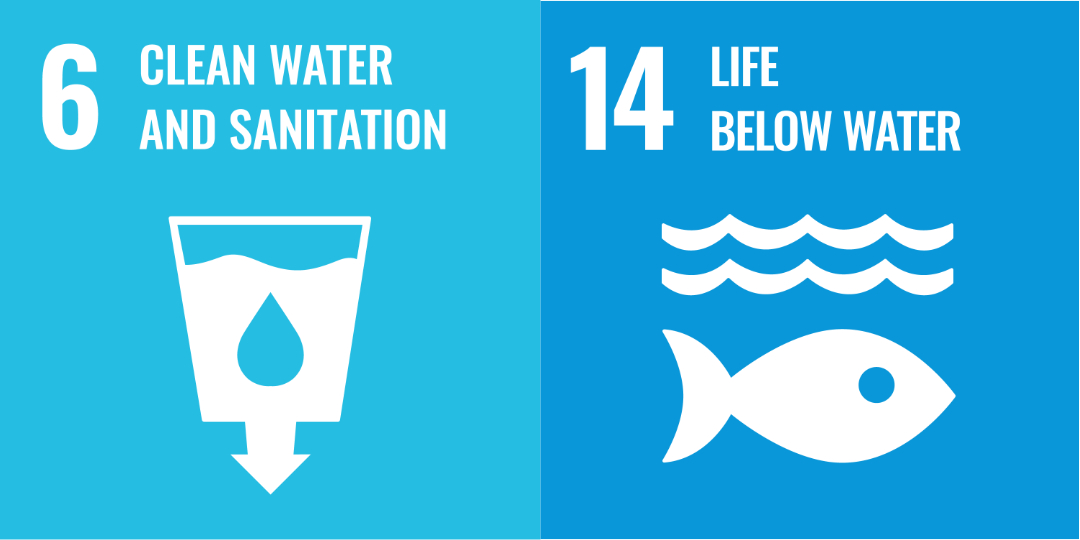
CARING FOR THE LAND
We will play an active role in the wider conservation and regeneration of Scotland’s peatlands and arable agriculture, to minimise and reduce the impact of extraction and farming in recent decades. Our Commitment to Responsible Peat Use is the first step in ensuring accountability for activity across the industry.
Our work in our cereal supply chains is deepening and we have a new work programme based on a collaboration of key supply chains to inform our next steps as we look to support regenerative agriculture, drive down emissions and support our partners and growers in delivering changes for the benefit of all.
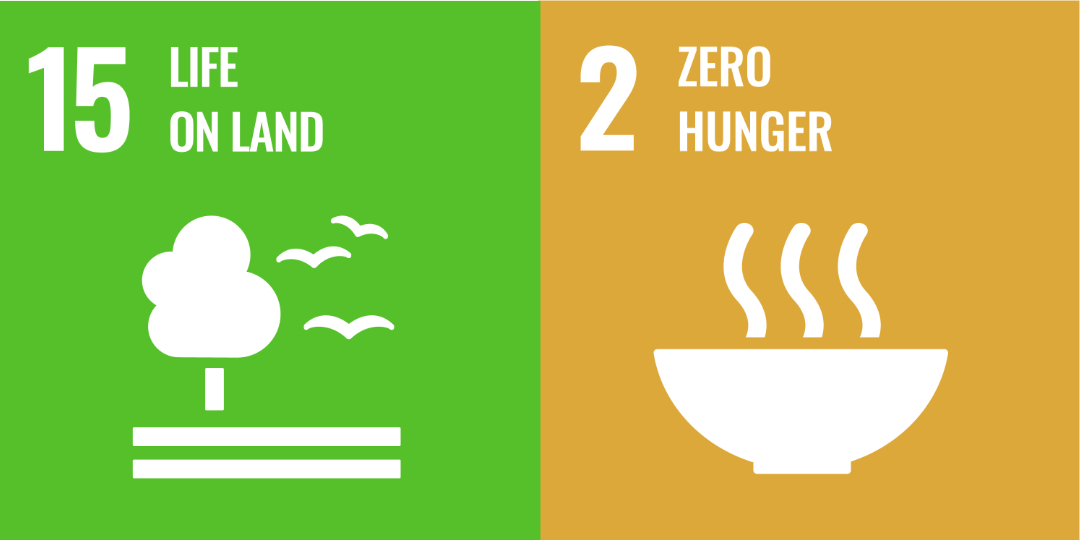
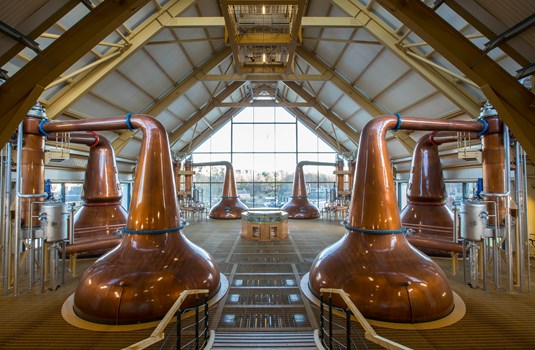
An Evolving Industry
Learn more about where we are on our Sustainability journey, since launching our first strategy in 2009.
Read more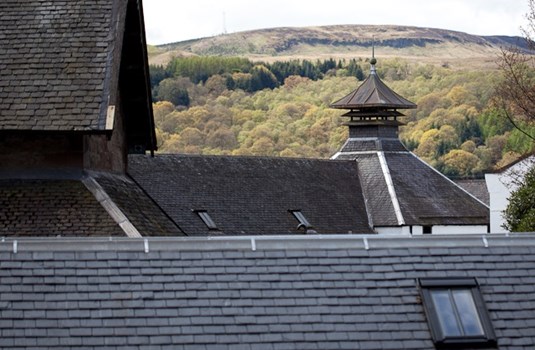
Climate Change
Find out how the Scotch Whisky industry is tackling climate change together.
Read more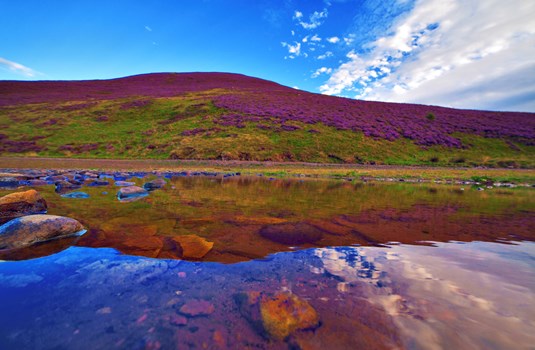
Responsible water use
Find out how the Scotch Whisky industry will take care of this crucial ingredient, working to make its water use more efficient.
Read more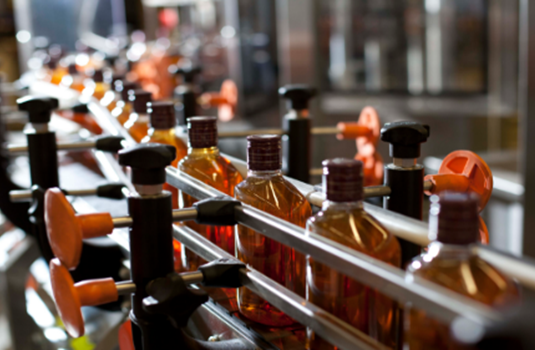
Circular Economy
We're working to minimise the impact of the packaging used across the industry, and ensure that resources are used sustainably.
Read more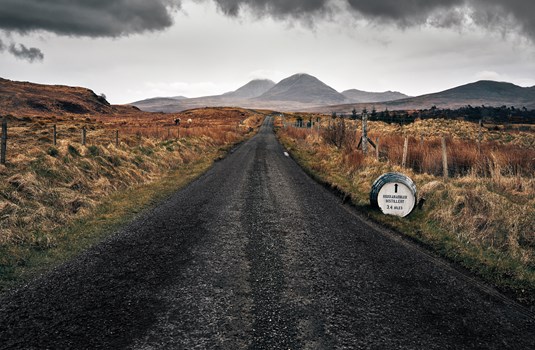
Caring for the Land
The Scotch Whisky industry will help to conserve and restore Scotland's natural landscapes.
Read more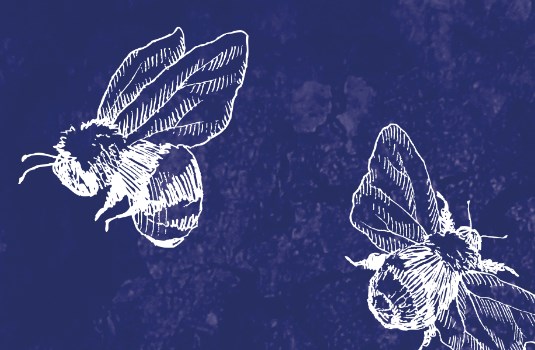
Sustainable Scotch: Case studies
Explore examples of sustainable Scotch whisky in action from distillery sites throughout Scotland.
Read moreCereals
Quality cereals are central to the success of Scotch. The industry supports Scottish agriculture that supplies some of the best grain anywhere in the world.
Health & Safety in the Scotch Whisky industry
Since 2005, the number of incidents has dropped by 82% and the industry performs consistently better than the ‘food and drinks manufacturing’ rate.
Scotch Whisky at COP26
Find out more about the Scotch Whisky industry's presence at COP26 in Glasgow back in November 2021.
Sustainability in the Scotch Whisky Industry news & commentary
Trade Associations write letter to Secretary of State Steve Reed over EPR Concerns
National Farmers Union Scotland (NFUS) and the Scotch Whisky Association (SWA) meet to discuss sustainability in the supply chain
NFUS met the SWA in a roundtable discussion involving members of the Combinable Crop Committee and representatives from the SWA’s Net Zero Working Group.
Whisky industry launches Water Stewardship Framework
The Scotch Whisky industry has launched its Water Stewardship Framework as part of wider sustainability commitments.
MPs and MSPs visit Scotch Whisky sites as part of Countdown to COP Open Day
Marking 100 days to go until COP26, MPs and MSPs around the country visited Scotch Whisky sites to learn more about the industry's sustainability ambitions.
100 Days Until COP26: Scotch Whisky Sites Showcase Sustainable Scotch
Scotch Whisky sites have opened their doors to showcase the industry's sustainability efforts, 100 days ahead of COP26.
Scotch Whisky Commits to Reach Net-Zero by 2040 with Launch of New Sustainability Strategy
The Scotch Whisky industry has unveiled its new Sustainability Strategy to tackle climate change and reduce the sector's environmental impact.
SWA is co-signatory on British Glass letter
The Scotch Whisky Association has signed up to the open British Glass letter to underline sustainability concerns around the proposed Deposit Return Scheme.
Sustainability in the Scotch Whisky Industry pages
2024 UK General Election
Learn more about the Scotch Whisky Association's manifesto for the 2024 general election, and how candidates can pledge to #SupportScotch in three key areas.